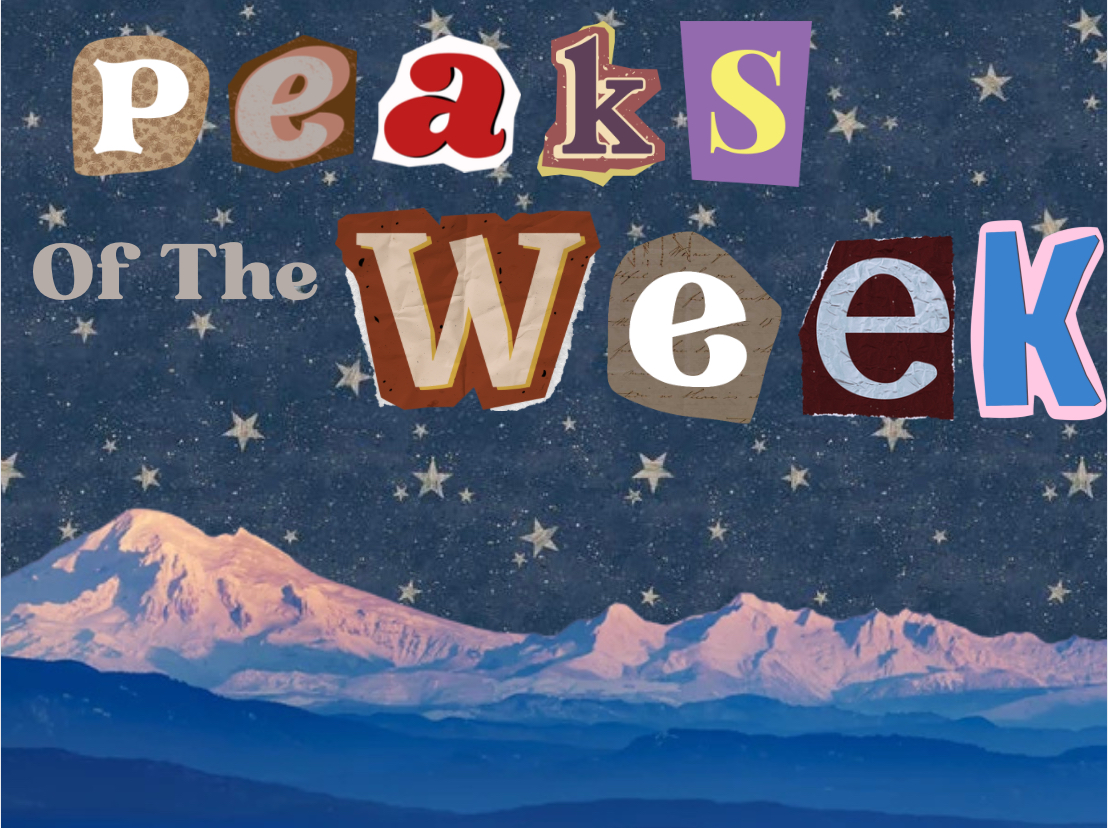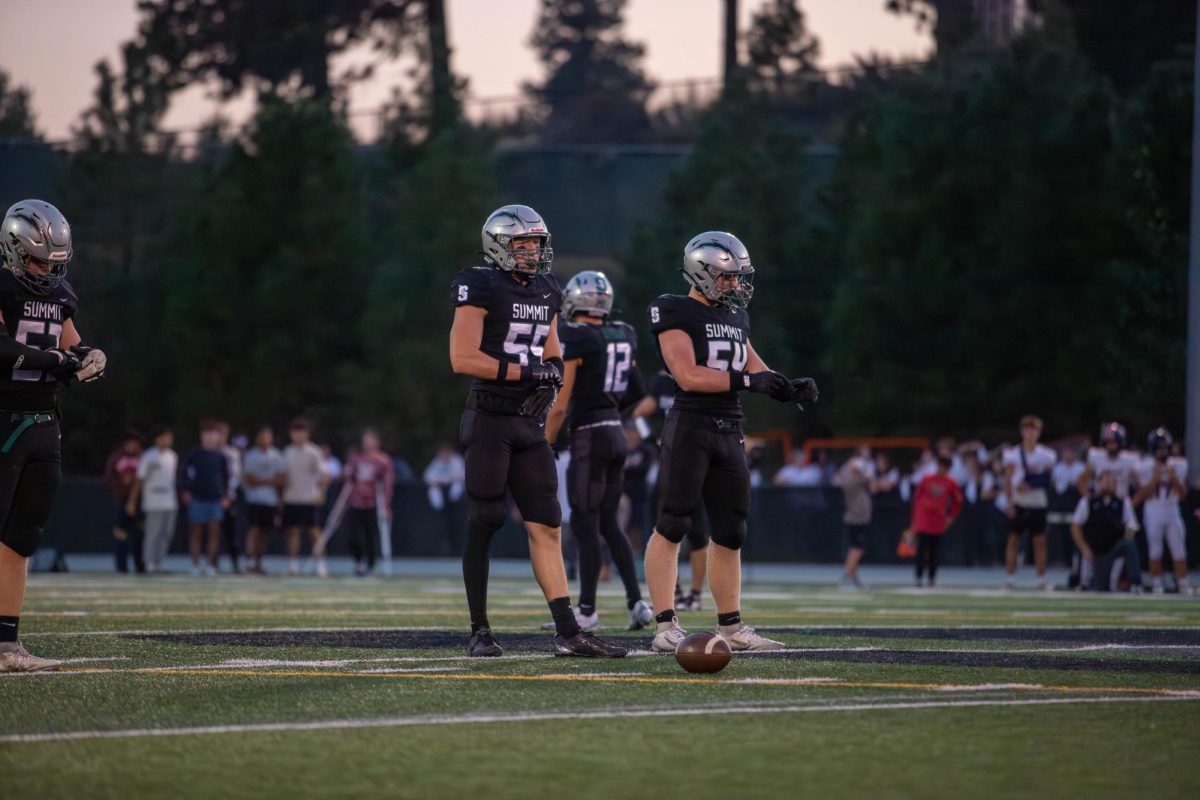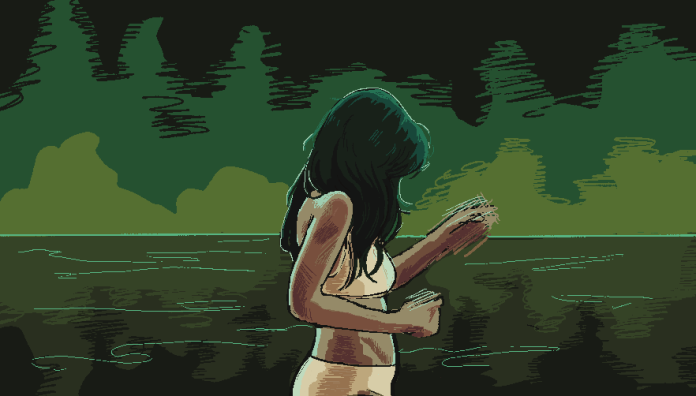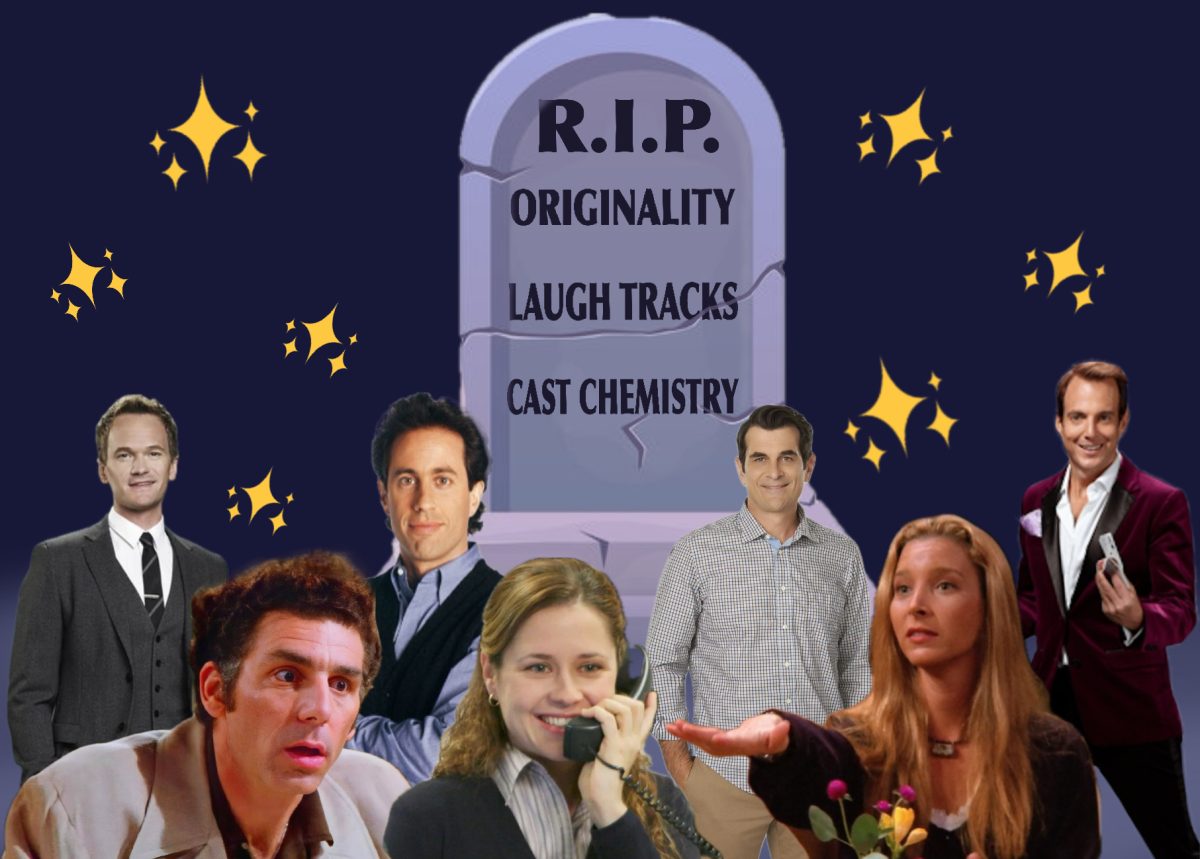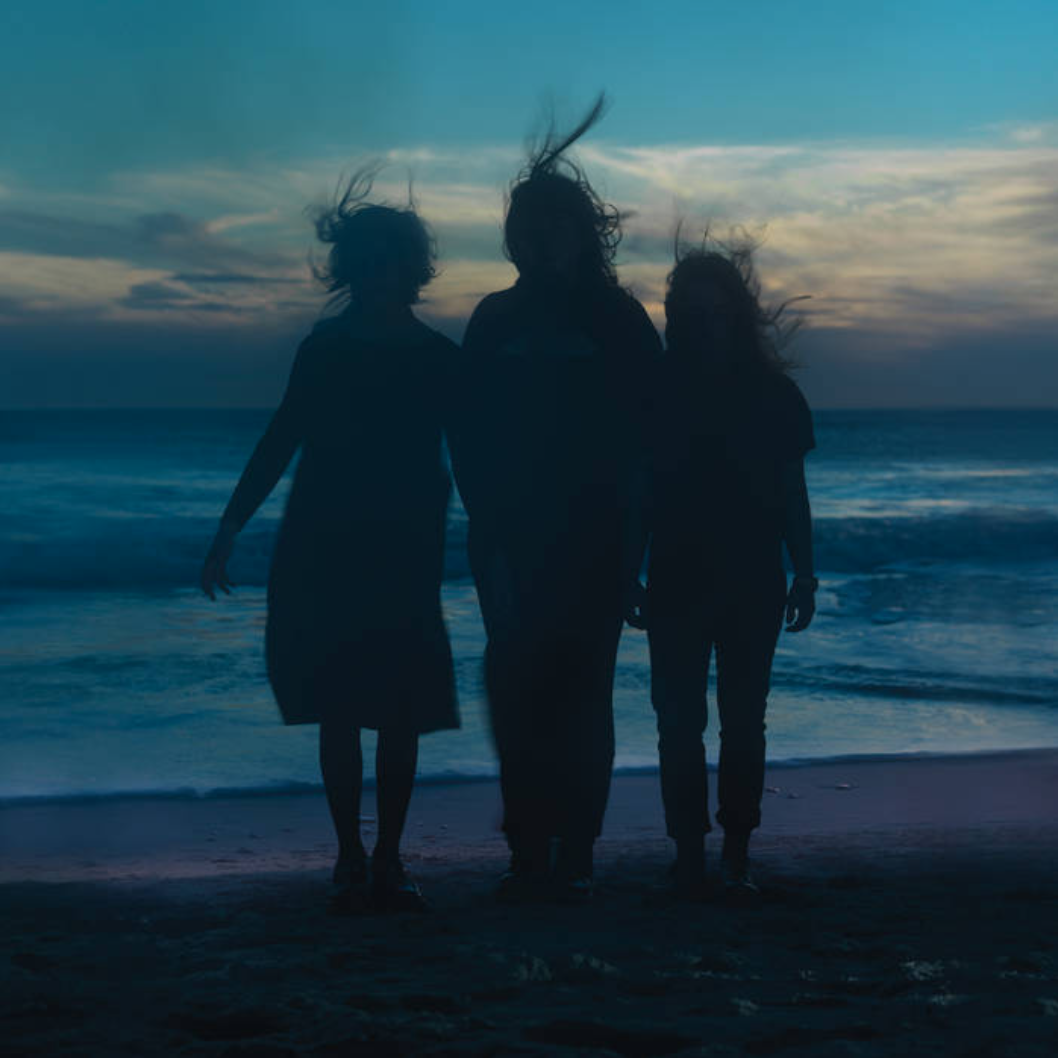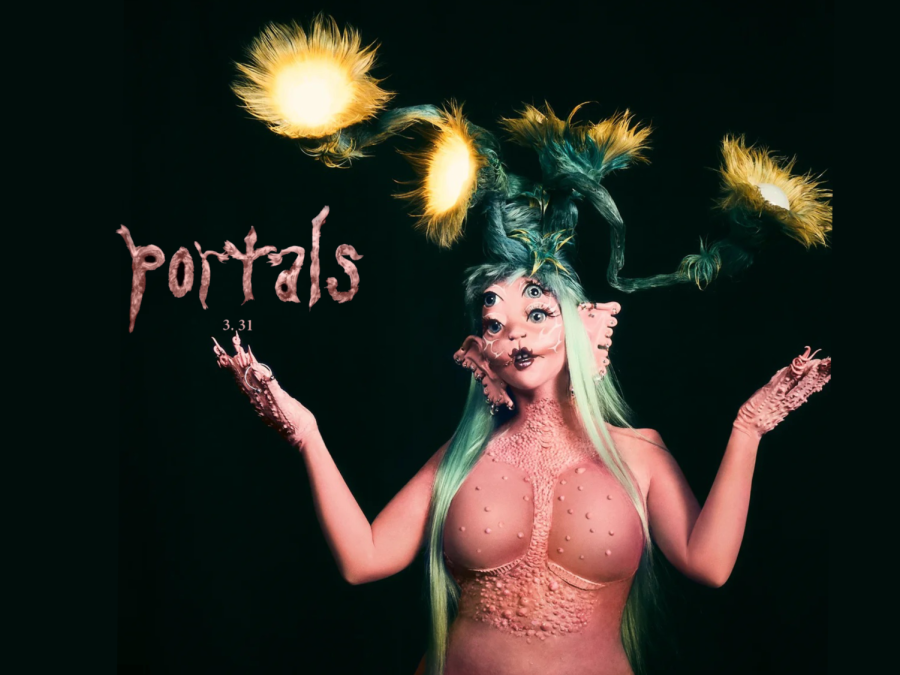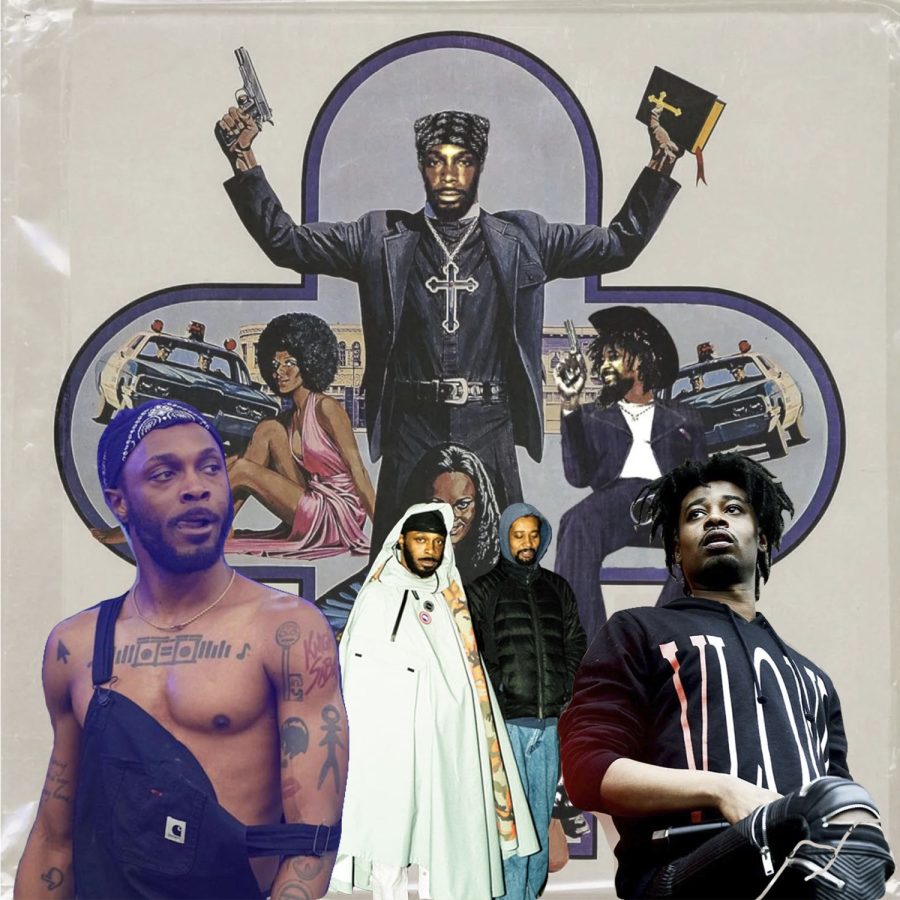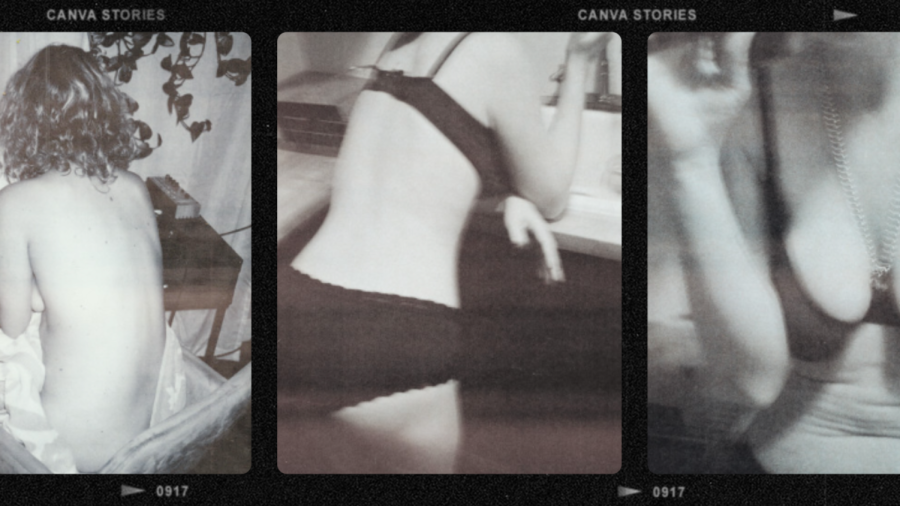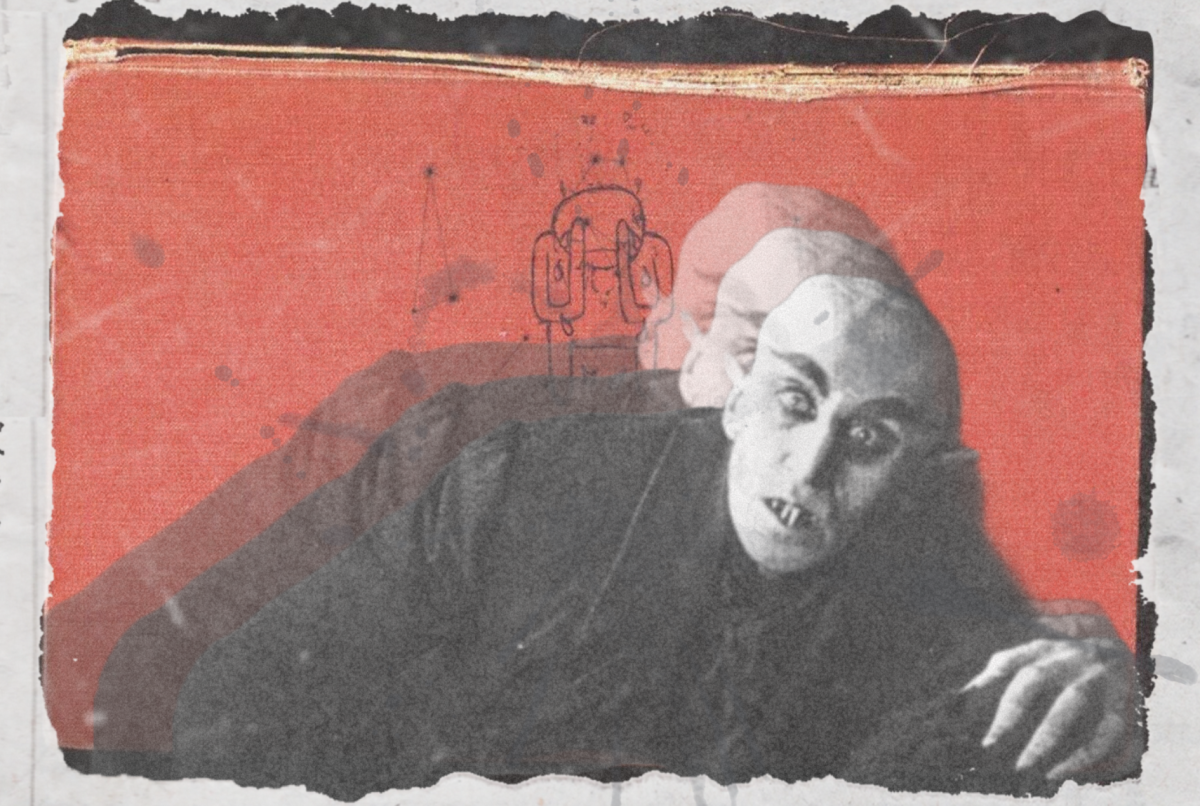The story of immature love, and realizing you might be the problem. Lizzy McAlpine set out to tell the story of her past relationship in song form and her entire new album, “Older,” does just that.
On April 5, Mcalpine released her much awaited third studio album, “Older,” and all of her fans fell in love immediately. Coming from her rise to fame with slow relatable music, and well written lyrics, this album follows suit. Before releasing this album, McAlpine said it was going to be different from her last two.
“The music that I’ve released up to this point in my career has been heavily produced and perfected, to the point where I don’t even recognize myself in it anymore. This album is the complete opposite,” McAlpine said in an article by Under the Radar.
This shines through in the album. Throughout the whole thing she juxtaposes her relationship’s unraveling with a coming-of-age story, trying to make sense of everything. It’s apparent in the third track “All Falls Down,” when she sings “22 was a panic attack, I can’t stop the time from moving / And I can never get it back,” and in the short “Movie Star:” “Who am I, who am I to myself / What are you changing about me?” She structured the album to trace her doomed love, and by the time she gets to “Broken Glass,” the last song, everything comes undone.
Each song has something unique to fall in love with, something small enough to make someone listen to the same snippet over and over until it’s stuck in their brain. She manages to input these small gems in her songs while still continuing the complex timeline that makes up “Older.” On “Drunk, Running,” McAlpine sings “say I love you / then drink it backwards / uoy evol I / Uoy evol I.” She literally “drinks” it backwards to say I love you, and has the song playing in reverse so we hear it backwards too. It’s little gems like this that make each of these songs special and unique.
McAlpine also uncovers the story in this album song by song. As the record progresses, so does this story, as if the listener is unpacking and discovering what went wrong in the relationship alongside McAlpine. Rather than the telling of a relationship, it’s the discovery of new thoughts. The whole record begins to feel like an over-analyzation of things that have happened to you. Something that happens when you’ve had too much caffeine to fall asleep and stumble on something from your past. On top of this, multiple songs are labeled in a multitude of forms of something coming to an end. “Come Down Soon,” “Like it Tends to Do” and “All Falls Down.” All of this coming to an end is juxtaposed in the album’s title “Older,” hinting that maybe all of these things ending is just a result of her growing up.
“Drunk, Running,” has lyrics that constantly juxtapose one another. It feels like the telling of a moment from a foggy perspective. McAlpine wrote this song like she also doesn’t know how this story is going to end, making the whole song more intriguing to listen to. In reference to a “red bull vodka,” McAlpine starts the song with “No one stops you / Nobody takes it from your hand / Even when you / Break your leg drunk running.” She blames someone else for this spiral, the alcohol still being present even after this person said it wouldn’t be. Later in the song she ties back, singing “No one stops me / Nobody takes you from my hand / Even when you / Break your leg drunk running,” and it becomes a full circle moment.
Throughout “Older,” McAlpine gives more time to her instrumentals, and less to her vocals. With emphasis on smaller details emerging for their time to shine and lots of open time for listeners to think about what they just heard, this album requires an attentive audience. At the end of “I Guess,” voices are laughing in the background. McAlpine did the same thing in the last song of her “Five Seconds Flat” album, “Orange Show Speedway.” The laughter feels out of place in comparison to the slow, somber themes of the album, but it provides a nice end to both this song and “Orange Show Speedway.” While McAlpine made it clear that this album was going to be vastly different from her last, she still made numerous tie-backs to previous releases and recordings. McAlpine set out to release a raw album and representation of who she was, an album that was real, and she could not have come closer to her mark. The feelings of this amazing thing coming to an end, and the various outstanding and aforementioned lyrics resonate long after you’ve listened to the last notes of the album come to a close.



